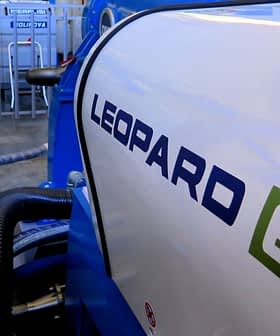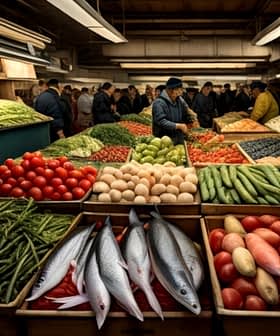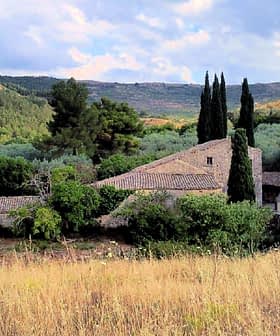
During the annual workshop held by Aipol Brescia at Puegnago del Garda, a beautiful village facing the Garda Lake and the olive groves which produce an excellent extra virgin olive oil, Unaprol presented the results of an interesting scientific research about other possible uses of olives and olive oil production byproducts.
Prof. Maurizio Servili from Università di Perugia (the scientific coordinator of the research team of experts working in several Italian Universities and supported by Unaprol), introduced the findings.
“Extra virgin olive oil is not the only product that can be obtained from the olive’s fruit,” he said, “thanks to the contribution and support of the Italian Olive Oil Consortium, many studies have been carried out to underline new uses and applications for the products that can be obtained from the mechanical processing of virgin olive oil, such as oil wastewater and olive pomace.”
New technologies have been developed to retrieve the bioactive phenolic compounds from the wastewater. These substances have been tested in the production of functional food enriched with phenolic compounds, such as yogurt, cheeses and tomato sauces.
Other studies on the utilization of the phenolic compounds extracted by the wastewater highlight their antioxidant and antimicrobial properties in order to use them as natural food additives. In this context, researchers were able to obtain frying oils enriched with phenolic substances that improve their resistance to oxidation and the resulting quality of the fried food.
Another field of investigation on the uses of these substances deals with adding them to fresh or cured pork meat and sausages, aiming to reduce or substitute the nitrates commonly used as chemical stabilizers. Using the wastewater’s phenolic extracts increased the oxidation stability of sausages, reducing at the same time the possible growth of pathogenic microorganisms (bacteria or fungi) during the seasoning, curing or conservation of this kind of food.
Olive pomaces, after being fully depitted, were employed as quality animal feed — dried and ensiled — providing sources of fiber, essential fatty acid and bioactive phenolic compounds.
Consequently, cow and sheep milk quality was found to be improved, showing a higher content of oleic acid, vitamins and natural antioxidant substances.
Beef too, when the animals were fed with the pomace, showed better quality regarding fat composition and color stability.
Professor Servili said improving the national olive-growing chain’s profitability can also be achieved, thanks to the research carried out with Unaprol’s support. “Through a more rational and complete exploitation of olives, increasing the products’ range that can be obtained from this thousand-year old fruit bearing unique and one-of-a-kind properties and features.”








